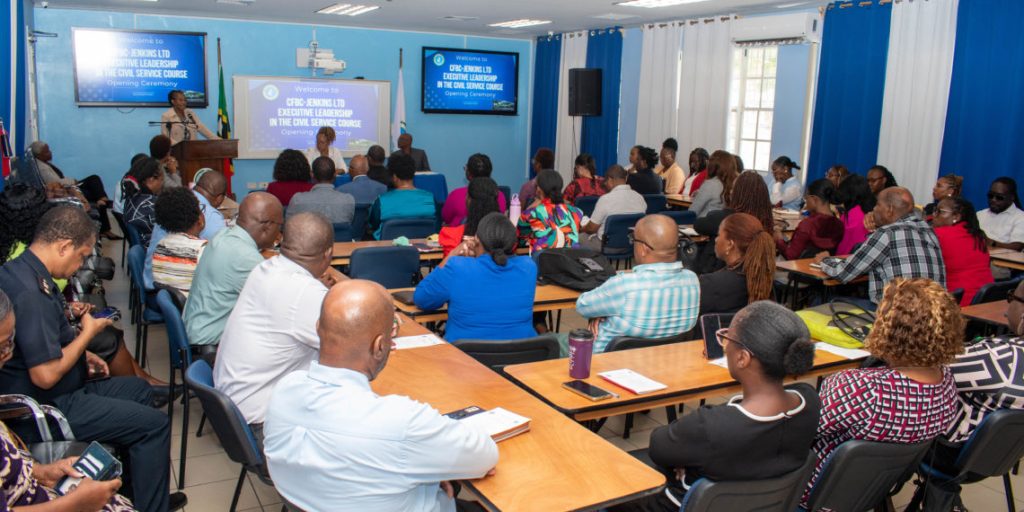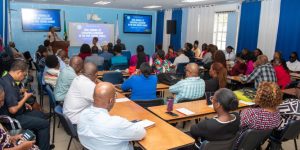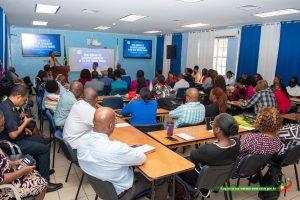Over 100 Migrants Apprehended at FSU Construction Site by ICE
The tranquility of Florida State University’s campus was shattered on the morning of May 30, 2025, as a large-scale immigration raid unfolded at several of the university’s construction sites. Over 100 undocumented migrant workers were apprehended by U.S. Immigration and Customs Enforcement (ICE) agents, turning a scene of ongoing construction and progress into one of fear, confusion, and outrage. The targeted sites were part of an ambitious student housing expansion project, a stark juxtaposition to the harsh realities of the raid and the vulnerable position of the migrant workforce. Eyewitnesses described scenes of chaos and despair as workers were rounded up and taken away in ICE transport vans, leaving behind their tools and hard hats, symbols of the labor that contributed to the very project from which they were now forcibly removed.
The raid quickly drew sharp criticism from community members, student groups, and immigrant rights advocates, who denounced the operation as a calculated act of intimidation targeting a vulnerable population. The swift and seemingly indiscriminate nature of the arrests sparked outrage and raised questions about the employment practices of the university’s contractors. Protesters gathered near the raided sites, their chants of “Shame!” and signs proclaiming “Immigrants Built This” and “FSU Profits Off Their Labor” reverberating through the now-silent construction zones. The poignant image of abandoned tools and helmets served as a stark reminder of the abrupt disruption of lives and livelihoods. The incident became a lightning rod for criticism of the university, as many questioned the ethics of benefiting from the labor of undocumented workers only to stand by as they were targeted by immigration authorities.
Central to the unfolding controversy is the exploitation of vulnerable workers and the alleged hypocrisy of institutions like FSU. Critics argued that the university, and by extension its contractors, benefited from the cheaper labor provided by undocumented workers, then disavowed any responsibility when those same workers were targeted by ICE. This incident ignited a broader debate about the ethical implications of using undocumented labor, particularly within the context of public institutions. The argument that these individuals contributed significantly to the university’s growth and development, only to be discarded when their presence became inconvenient, resonated powerfully with those critical of the raid and of broader immigration policies.
The ICE raid on the FSU construction sites also highlighted the complex and often fraught relationship between federal immigration enforcement and local communities. While ICE maintained that the operation was part of a larger effort to address undocumented labor in the southeastern United States, critics viewed the raid as a heavy-handed tactic intended to create fear and division. The scale and visibility of the operation, targeting workers in broad daylight and in a public setting, further fueled accusations that ICE was prioritizing performative enforcement over considered and humane approaches to immigration issues.
The incident left FSU in a difficult position, with mounting pressure to address the situation and answer questions about its contractors’ hiring practices. The university’s silence in the immediate aftermath of the raid was met with further criticism, with many demanding transparency and accountability. The university’s eventual response would not only impact its relationship with the community but also set a precedent for how other institutions might address similar situations in the future. Furthermore, the raid raised logistical concerns about the completion of the student housing project, with potential delays now likely just months before students were scheduled to arrive for the fall semester.
The unfolding events at FSU serve as a microcosm of the broader immigration debate playing out across the United States. The raid exposed vulnerabilities within the system, highlighting the precarious position of undocumented workers and the ethical dilemmas faced by institutions that benefit from their labor. The fallout from the Tallahassee raid promises to continue, prompting further discussion about immigration policy, worker rights, and the responsibility of institutions to protect vulnerable populations. The incident serves as a stark reminder of the human cost of immigration enforcement and challenges the prevailing narratives surrounding undocumented labor.
Share this content:













Post Comment